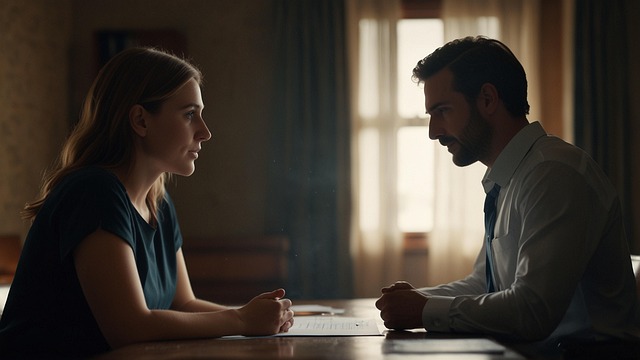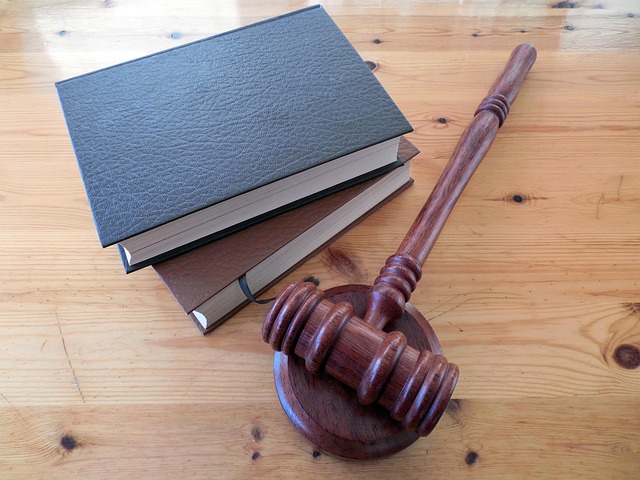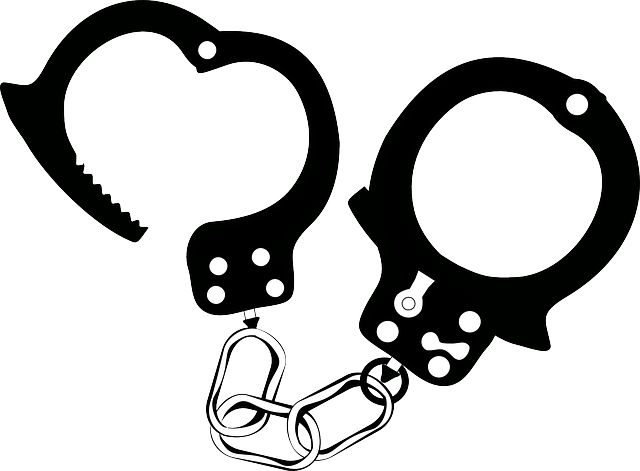Famous class action lawsuits in history have been instrumental in holding corporations accountable for environmental damage, from the 1984 Bhopal disaster onwards. These cases, involving complex legal battles and public awareness, led to stricter regulations, substantial penalties, and justice for affected communities. White-collar crimes related to environmental degradation have resulted in significant legal consequences, reflecting societal expectations for corporate environmental responsibility and sustainability.
Environmental Crime Trials expose corporations responsible for ecotoxicity. From historical perspectives, we explore how famous class action lawsuits have shaped environmental justice. Iconic cases highlight moments when big businesses faced consequences for pollution, leaving lasting impacts on regulatory frameworks. This article delves into the evolution of corporate environmental liability, analyzing key historic trials that offer invaluable lessons for present-day environmental crime prosecution.
- Uncovering Corporate Environmental Liability: A Historical Perspective
- Iconic Cases: When Big Businesses Face Justice for Pollution
- The Impact and Lessons from Historic Environmental Crime Trials
Uncovering Corporate Environmental Liability: A Historical Perspective

The quest to hold corporations accountable for environmental harm has evolved significantly through history, with a notable shift in legal strategies and public awareness. Uncovering corporate environmental liability often involves navigating complex legal landscapes and exposing hidden costs of business practices. Famous class action lawsuits in history have played a pivotal role in this transformation. These cases not only set precedents but also shed light on the extent of corporate responsibility for pollution, habitat destruction, and other eco-crimes.
Over time, as environmental concerns grew, so did the determination to hold offenders accountable. The successful prosecution of white-collar and economic crimes related to environmental degradation has led to unprecedented track records in justice. Courts have increasingly recognized the impact of corporate actions on ecosystems and communities, leading to substantial fines and legal consequences for violators. This evolution reflects a broader societal shift, where corporate clients, including both large corporations and individual entrepreneurs, are expected to uphold environmental standards, ensuring sustainable practices and minimizing harm to the environment and society at large.
Iconic Cases: When Big Businesses Face Justice for Pollution

In the annals of environmental justice, iconic cases stand as milestones where big businesses are held accountable for their polluting practices. These famous class action lawsuits in history have reshaped how we address corporate culpability in ecological degradation. One notable example is the 1980s case against Union Carbide for a catastrophic gas leak in Bhopal, India, resulting in thousands of deaths and long-term health issues. This tragedy sparked global awareness about corporate responsibility for environmental disasters.
The battlefields of these white collar and economic crimes are often complex, pitting powerful corporations against communities affected by pollution. What distinguishes these cases is the involvement of the philanthropic and political communities, who play crucial roles in ensuring that justice prevails. These collective efforts not only seek financial compensation for victims but also drive systemic changes to prevent future environmental tragedies.
The Impact and Lessons from Historic Environmental Crime Trials

Historic Environmental Crime Trials have left a profound impact on legal landscapes, exposing the consequences of negligence and intentional harm to our planet. Case studies like the 1984 Union Carbide disaster in Bhopal, India, where over 3,000 people died due to toxic gas leaks, sparked global awareness and led to stricter environmental regulations. These incidents serve as a stark reminder of the power of collective action through famous class action lawsuits in history.
Lessons learned from these trials have reshaped how we hold corporate and individual clients accountable. The successful prosecution of these cases resulted in substantial penalties, clean-up efforts, and even the complete dismissal of all charges against some defendants. However, navigating these complex cases is not without challenges; strategic planning, robust evidence, and a deep understanding of environmental laws are crucial to ensuring justice is served. Through these historic trials, we’ve witnessed the potential for legal action to not only punish offenders but also drive significant environmental improvements.
Environmental crime trials, as evidenced by historic cases and iconic examples of corporate environmental liability, serve as a powerful tool for justice. The impact and lessons from these trials highlight the importance of holding businesses accountable for their actions. By examining past successes and challenges, we can enhance our understanding of environmental law and foster more effective strategies to protect our planet. Famous class action lawsuits in history have set precedents, ensuring that polluters face consequences and communities receive restitution. These cases not only bring justice but also encourage a more sustainable and responsible approach in the corporate world.






